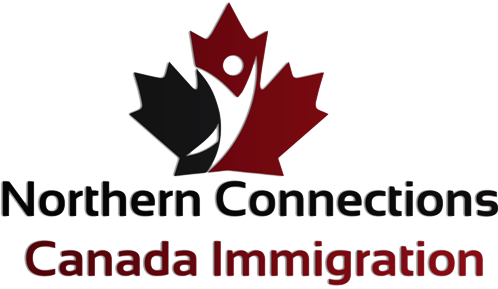A work permit is a document that allows a foreign national to work in Canada. Every year Canada issues thousands of work permits to foreign nationals allowing them to work in Canada which is an excellent precursor for those seeking to permanently reside in Canada.
Why Work in Canada?
Canada is renowned for its robust job market, diverse industries, and welcoming environment for foreign workers. Many individuals choose to work in Canada for the following reasons:
- Vibrant Job Market: With a wide range of industries, from technology and healthcare to agriculture and manufacturing, Canada offers diverse employment opportunities.
- Quality of Life: Canada is known for its high standard of living, excellent healthcare, and education systems, making it an attractive place to live and work.
- Pathway to Permanent Residence: Gaining work experience in Canada can be a significant advantage for those looking to immigrate permanently. Working in Canada is often the first step towards obtaining permanent residency.

Types of Work Permits
There are two major types of work permits available, depending on your situation and employment type:
- Employer-Specific Work Permits: These permits are tied to a specific employer, job, and location in Canada. You must have a job offer and a positive Labour Market Impact Assessment (LMIA) from your employer.
- Open Work Permits: These permits are not job-specific and allow you to work for any employer in Canada, with some restrictions. Examples include the Post-Graduation Work Permit and permits issued under the International Mobility Program.
Steps to Work in Canada
Step 1
Employer applies and secures LMIA
Step 2
Employer offers job position to foreign worker.
Step 3
Foreign Workers applies for Work Permit
Step 4
Work Permit is issued and foreign worker travels to Canada
Temporary Foreign Work Program (TFWP)
The Temporary Foreign Worker Program (TFWP) enables Canadian employers to temporarily hire foreign nationals to address labor shortages within Canada. This program is jointly managed by Immigration, Refugees and Citizenship Canada (IRCC) and Employment and Social Development Canada (ESDC).
The TFWP supports Canadian businesses by providing access to global talent while ensuring that foreign workers receive the rights and protections they deserve.
TFWP Streams
Under the TFWP, employers can hire temporary foreign workers through several specific streams:
- High-Wage Workers: For positions offering wages above the provincial median wage in the region.
- Low-Wage Workers: For roles that pay below the provincial median wage, typically in industries with significant labor needs.
- Global Talent Stream: Designed to attract highly skilled workers in specialized fields.
- Foreign Agricultural Workers: To fill roles in agriculture and related sectors.
- In-Home Caregivers: For individuals providing care in private homes.
- Foreign Academics: For teaching and research positions at academic institutions.
Labour Market Impact Assessment (LMIA)
A key aspect of the TFWP is the Labour Market Impact Assessment (LMIA) requirement. Before hiring a foreign national, employers must obtain an LMIA to demonstrate that no Canadian citizen or permanent resident is available to fill the position. The LMIA process ensures that the hiring of foreign workers does not negatively impact the Canadian labor market.
Have Questions?
Our Immigration Consultants are here to answer your Canadian Immigration questions. Don’t hesitate to reach out!
Check My EligibilitySpeak to a Consultant


